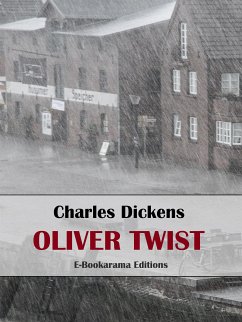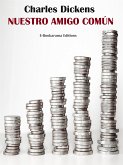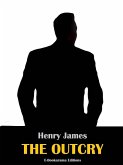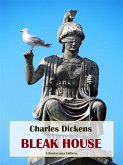"Oliver Twist" is Charles Dickens' second novel. Like many of his books, it was first published in monthly instalments. Its first instalment came out in 1837, and its final chapters eventually came out in 1839. The first chapters of Dickens's first "true" novel, "Oliver Twist", which he began to write concurrently with the picaresque adventures of Mr. Pickwick, form a hard-hitting satire on the inhuman cruelties of the New Poor Laws of 1834. These dictated that society's jobless and desperate should be virtually imprisoned in harsh institutions known as workhouses. Into one of these a little bastard boy is born-the lowest of the low, christened Oliver Twist by a pompous parish official, Mr. Bumble the beadle. Yet Oliver is in fact a gentleman by blood, with a fortune awaiting him, for his story is also a romance of origins, a battered child's wish fulfilment. It is a gritty, realistic novel that is full of Dickens' trademark satire on class and whatnot. Even if you haven't read it, you've probably seen one of the dozen or so movies based on it.
Dieser Download kann aus rechtlichen Gründen nur mit Rechnungsadresse in A, B, BG, CY, CZ, D, DK, EW, E, FIN, F, GR, HR, H, IRL, I, LT, L, LR, M, NL, PL, P, R, S, SLO, SK ausgeliefert werden.









